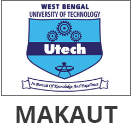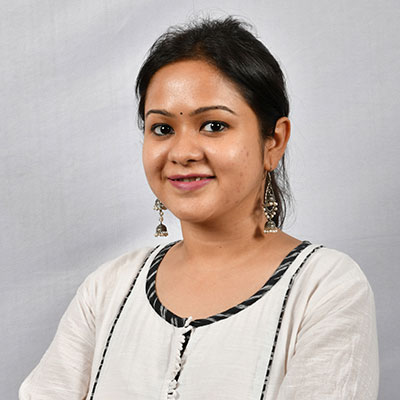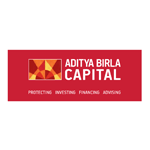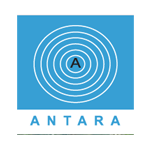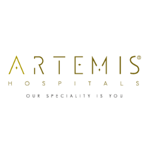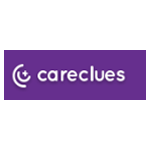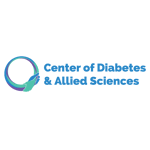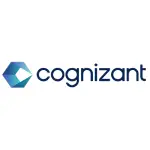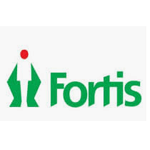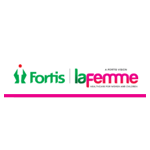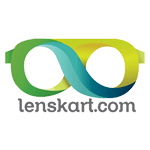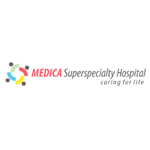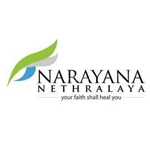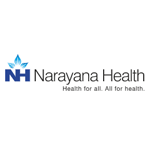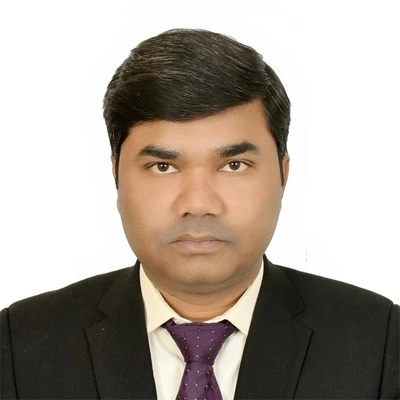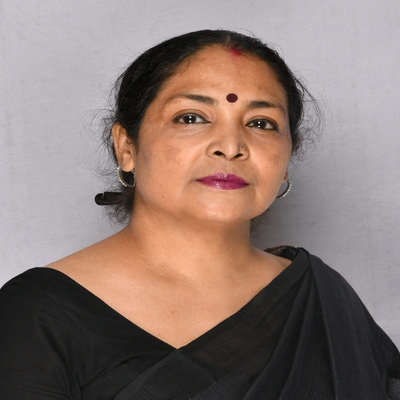- Home
- About Us
- Courses
- NSHM Business School
- BBA (Bachelor of Business Administration)
- BBA – Hospital Management
- BBA – Global Business
- BBA – Sports Management
- BBA – Accountancy, Taxation & Auditing
- BBA – Accountancy, Taxation and Auditing + BSE Certification
- BBA – Banking & Financial Services
- MBA (Master of Business Administration)
- Executive MBA
- MHA (Master of Hospital Administration)
- NSHM Institute of Health Sciences
- Bachelor of Pharmacy
- Bachelor of Pharmacy (Lateral)
- Bachelor of Optometry
- B.Sc. – Psychology
- B.Sc. – Dietetics and Nutrition
- B.Sc. – Medical Lab Technology
- B.Sc. – Radiology & Medical Imaging Technology
- B.Sc. – Critical Care Technology
- B.Sc. – Yoga
- Master of Optometry
- Master of Optometry (BL)
- Master of Pharmacy – Pharmacology
- Master of Pharmacy – Pharmaceutics
- Master of Public Health
- Master of Public Health (BL)
- M.Sc. – Clinical Psychology
- M.Sc. – Dietetics and Nutrition
- M.Sc. – Medical Lab Technology
- M.Sc. – Radiology & Imaging Technology
- M.Sc. – Yoga
- M.Sc. – Yoga (BL)
- NSHM Design School
- NSHM Institute of Computing & Analytics
- NSHM Institute of Engineering & Technology
- B. Tech. – Mechanical Engineering
- B. Tech. – Mechanical Engineering (Lateral)
- B. Tech. in Civil Engineering
- B. Tech. – Civil Engineering (Lateral)
- B. Tech. – Computer Science Engineering
- B. Tech. – Computer Science Engineering (Lateral)
- B. Tech. – Electronics & Communication Engineering
- B. Tech. – Electronics & Communication Engineering (Lateral)
- B. Tech. – Artificial Intelligence and Machine Learning
- B. Tech. – Artificial Intelligence and Machine Learning (Lateral)
- B. Tech. – Electrical Engineering
- B. Tech. – Electrical Engineering (Lateral)
- B. Tech. – Data Science
- B. Tech. – Data Science (Lateral)
- NSHM Institute of Hotel & Tourism Management
- NSHM Institute of Nursing
- NSHM Media School
- NSHM Business School
- Schools & Campuses
- Beyond Academics
- Admissions
- News & Events
- Contact Us
Overview
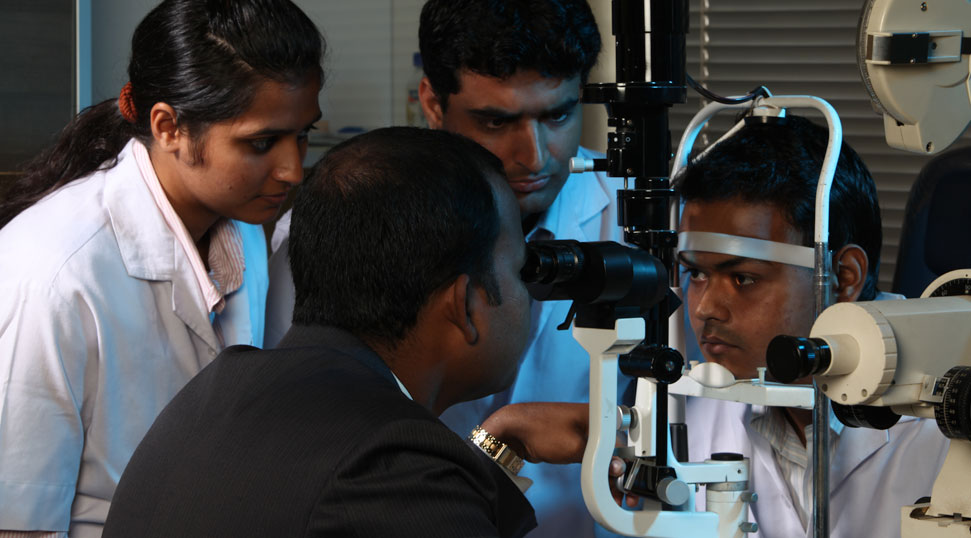
NSHM offers a 4year undergraduate programme in B. Optom. (Bachelor of Optometry) where students learn about various types of visual disorders, conditions, diseases and abnormalities of the human eye. NSHM offers one of the best optometry programmes in West Bengal with a problem based learning (PBL) and case-based learning (CBL) approach to improve clinical decision making ability in students.
Students are taken for study tours of tertiary eye hospitals to know about the ophthalmic examinations techniques practised in these places. Their hands-on training is also facilitated through participation in eye screening camps as optometrists. The final year of this 4-year long programme is devoted to internship which allows students to gain sufficient industry exposure before venturing into full-time jobs.
Programme Education Objective
- Prepare students for quality eye-care, as an independent practitioner and/or as an optometry professional with modern knowledge, skills, and attitude in areas related to optics and vision, instruments, diagnostics, speciality practices, clinical ophthalmology, and public health.
- Enable them to adapt to the changing and emerging lens and dispensing techniques, clinical assessment of refraction, binocular vision, low vision, vision diagnostics and aids for effective prevention, care, and rehabilitation of vision health with utmost regard to continuous learning, medical ethics and social responsibility.
Career Opportunities
Optometry is a challenging and dynamic career option that offers high salary, job stability and tremendous potential for growth and further research.
- Clinical optometrist in private practice, government or private hospitals
- Optometrist in retail and corporate sector
- Lecturer / Professor in academic sector
- Research assistant, research associate and research coordinator
- Public health and community optometrist
- Basic research scientist
- Orthoptist
- Professional services
- Designing and manufacturing of contact lens, spectacles, and much more!
Programme Structure
Core Curriculum
Optics and vision
Geometrical & Physical optics
mirrors and lenses, properties of the images formed on the retina, optics of the eye, study of light, its properties and its interaction with matter.
Visual Optics
concept of eye as an optical instrument, optical components of eye, types of refractive errors, clinical approach in diagnosis and management of various types of refractive errors.
Instruments & Diagnostics
Ophthalmic Instrumentation
Advanced learning of design, methods of different ophthalmic instruments and its diagnostic procedures in eye care
Ophthalmic Lens & Dispensing
spectacle lenses and frames, their materials, types, advantages and disadvantages, calculations involved, when and how to prescribe, the construction, design application and development of lenses, particularly the methods of calculating their power and effect.
Optical and Ophthalmic Instrumentation
commonly used optometric instruments, its basic principle, description and usage in clinical practice.
Clinical Refraction
various clinical refraction procedures, pediatric optommetry, special population,neuro optometric evaluation, sports vision etc
Optometry speciality Practices
Binocular Vision & Ocular Mobility
Theoretical aspects of Binocular Vision, ocular mobility, clinical application, normal binocular vision and space perception, Gross anatomy and physiology of extraocular muscles, various binocular vision anomalies, its diagnostic approaches and management
Low Vision Aids & Visual rehabilitation
Science of low vision, epidemiology aspect of visual impairment, types of low vision devices and its optical principles, clinical approach of the low vision patients, assistive devices for totally visually challenged, art of prescribing low vision devices, training the low vision patients and other rehabilitation measures, causes of Low vision, functional and psychosocial consequences, best suitable low vision care through functional assistive devices and rehabilitation.
Contact lens
Fundamentals of ocular lens, theoretical and practical aspects of Contact Lenses.
Clinical Ophthalmology
Microbiology & pathology
basic biological, biochemical and pathogenic characteristics of pathogenic organisms.
Ocular Anatomy and physiology
gross, functional and applied anatomy, various structures in the eye and adnexa, structure and connections between the various parts of the central nervous system and the eye, normal functioning of all structures of the eye and their interactions, physiological aspects of normal growth and development of the eye, the phenomenon of vision
Biochemistry
Structure ,function and interrelationship of biomolecules and consequences of deviation from the normal, Integration of various aspects of metabolism and their regulatory pathways, Understand metabolic processes taking place in different ocular structures.
Ocular Disease
To understand various ocular diseases affecting various parts of the eyes. It covers clinical signs and symptoms, cause, pathophysiological mechanism, diagnostic approach, differential diagnosis and management aspects of the ocular diseases.
Systemic condition and the eye
Definition, classification, clinical diagnosis, complications and management of various systemic diseases with its ocular manifestations.
Public Health
Public Health and Community Optometry
Fundamentals of public health, basic sciences of public health optometry, community optometry, epidemiology of vision problems especially focused on Indian scenerio, case studies
Pharmacology
actions, uses, adverse effects and mode of administration of drugs related to eyes, application and interpretation, clinical optometry procedures in routine optometric examination
Research methodology & Biostatistics
Fundamentals on qualitative and quantitative research methods, biostatistics and statistical application on vision data, data analysis, basic principles of research and methods, inferences from the research findings, field project
Programme Type - UG
Duration - 4 years
Minimum Eligibility - 10+2 with Science
Degree Awarded By -
